The high school is considering a move to a block schedule for the 2025-2026 school year. St. Paul schools moved to block schedules for the 2022 school year and have remained on them, having received positive results and reduced behavioral issues. We, however, are not St. Paul, and what works there will not work here.
The administration is considering numerous changes for the following school year. These include both changes to start times and schedules. The administration is considering two forms of block schedule: a 4-by-4, and an A/B. In a 4-by-4 schedule, a student has 4 classes per semester, with completely different classes in the next semester. In an A/B schedule, each student has a set of 4 classes that alternate depending on if it is an A or B day.
Educators at the high school have divided opinions on block schedules. Many district staff support block schedules because they offer more elective options for students, allow for deeper content exploration and improve students’ mental health by reducing the number of classes per day. Some staff members, however, are not in favor.
These staff believe that students already have problems focusing in 50-minute class periods. Lengthy periods will be challenging for both students and teachers. Neither students nor teachers would use the longer periods to their full potential.
Asking kids to devote 80 minutes in a confined space, it would be very, very challenging.
— Gerard Coury
“I’m not a fan of it [block schedules],” social studies teacher Gerard Coury said. “Asking kids to devote 80 minutes in a confined space, it would be very, very challenging.”
As a result of these challenges focusing, students in block schedules will retain less information. It seems unlikely that most students will use longer class periods to their advantage.
According to a study in the Journal of Education Science, students in schools with block schedules tend to score lower on science subjects.
These schedules do, however, reduce students’ stress–and give them more time to interact with material each day. This shift would differently affect each class and each student.
This proposed schedule would place extra strain on AP teachers. Coury–who teaches AP psychology, would have to “throw a lot more” at students because of lost time.
Block schedules would drop students into an unfamiliar schedule. They would need time to adapt after years of doing it one way.
“I like how classes can last over a full year because then you can know the teachers and students in your class,” sophomore Justin Keeler said. “It just feels more natural to do it [classes] over the full school year than just flipping halfway through,” Keeler added.
While the majority of educators at the high school are in favor of block schedules, it is important to consider the opinion of those in opposition. The high school should be conscious of these teachers’ concerns, and how students are integrated into the new schedule. A lot more thought needs to go into the process of changing to block schedules.


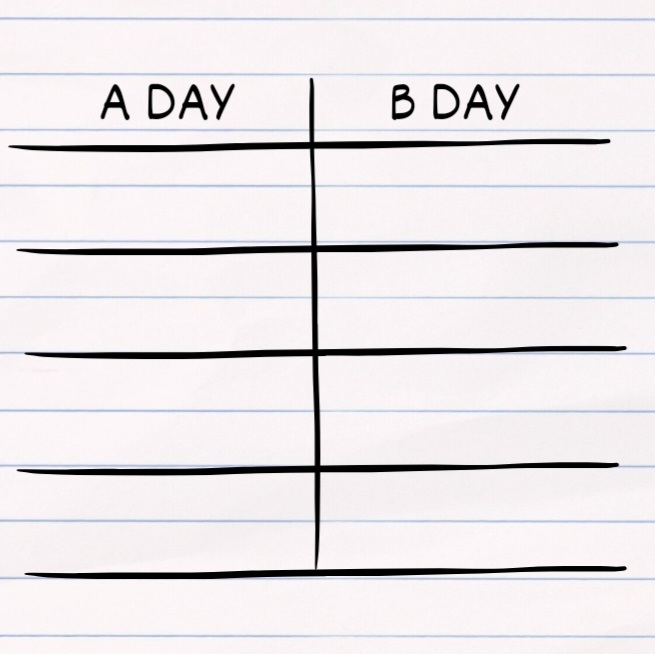
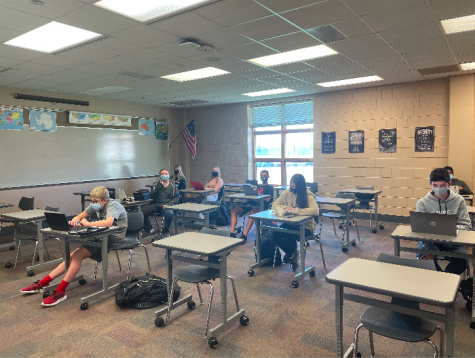
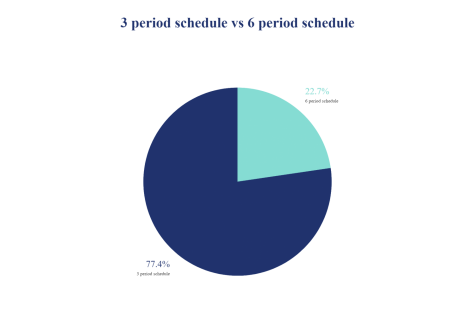

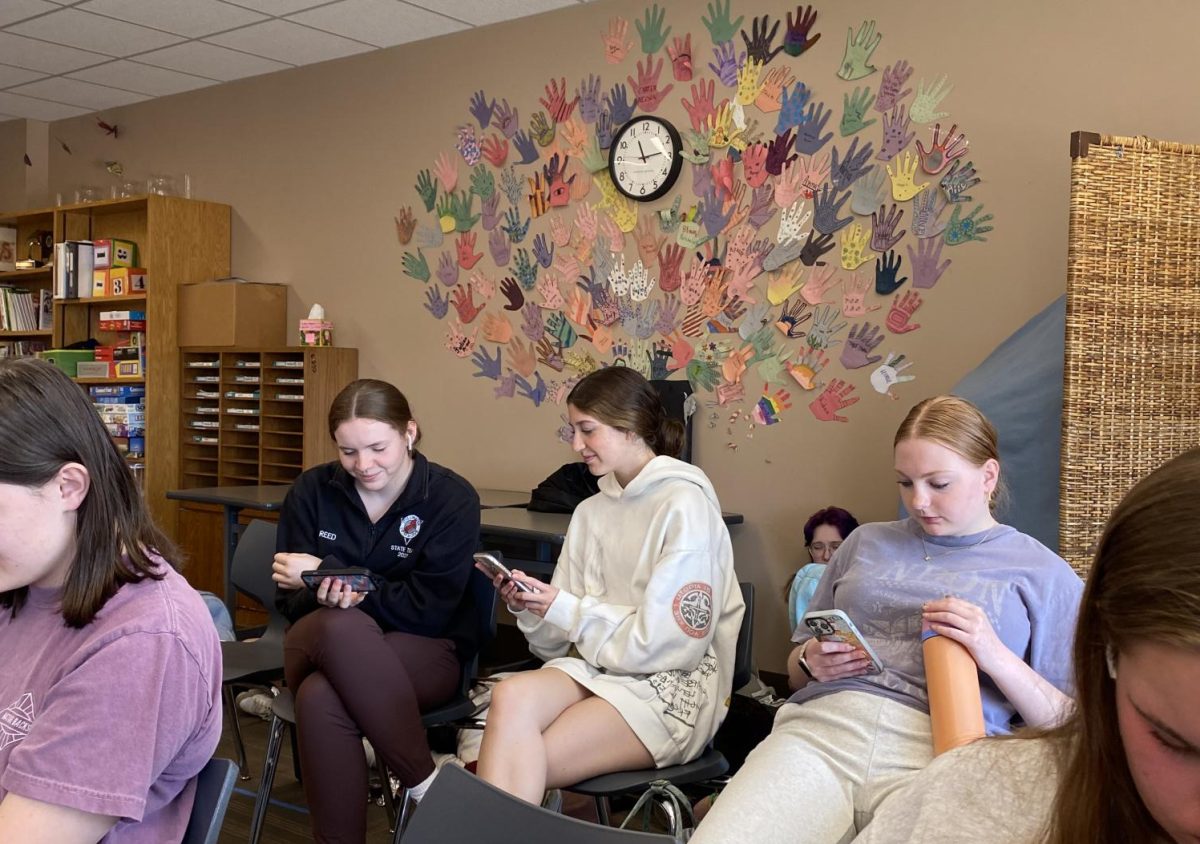




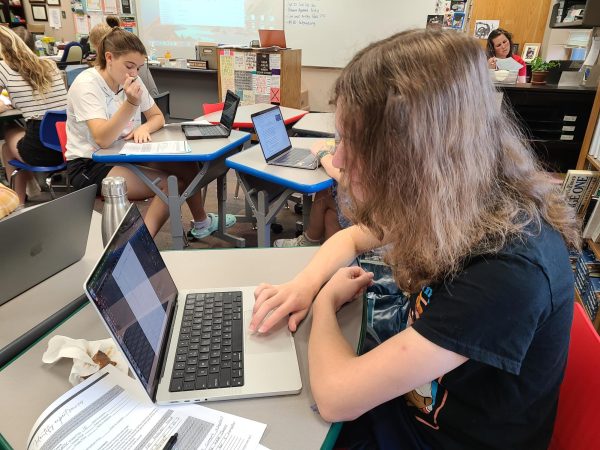
Briana Barreiro • Feb 6, 2024 at 9:18 am
You did a really great job showing the pros and cons of both sides. I like how you talked about the more unpopular opinion of the two in depth so readers can see why block schedules may negatively impact students as well. For example, including the opinions of AP teachers.